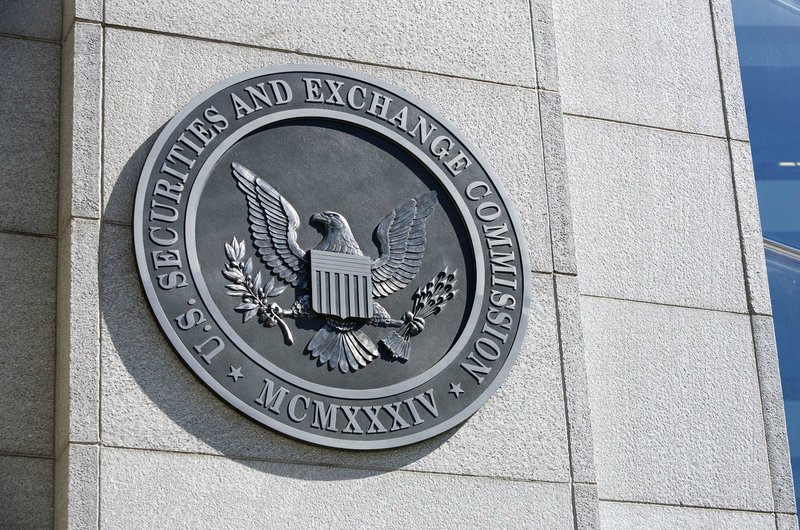Airlines can't get permission to add new planes to their fleets. Mortgage lenders aren't able to verify the income of borrowers. And brewers can't sell new beers while label approvals are on hold.
In ways both small and large, businesses are beginning to feel the bite of the government funding impasse that has shuttered nine major departments, slowing federal reviews of everything from pipelines to mergers.
"The impact will multiply as the days and weeks continue," said Stan Collender, a longtime congressional budget aide who now edits thebudgetguy blog in Washington. "It's only going to expand."
The shutdown entered its 14th day Friday with little sign that President Donald Trump and Congress will resolve the standoff over a border wall that has halted operations across roughly a quarter of the federal government.
The effects are beginning to ripple through the economy. Here's a look at how commerce is being caught up in the dispute:
Although the IRS can accept tax returns during a shutdown, it can't process refunds until Congress reaches a deal.
A prolonged shutdown extending into tax filing season, which typically begins in late January or early February, could force taxpayers to wait longer than anticipated for refund checks they were planning to use to pay bills or make large purchases.
Some airlines are beginning to have trouble adding new aircraft to their fleets and starting new pilot training programs, the Washington trade group Airlines for America said in a statement Thursday.
Commercial carriers can't do those tasks or dozens of other routine actions without Federal Aviation Administration inspectors signing off, said Mike Gonzales, a vice president at the Professional Aviation Safety Specialists union. And now the vast majority of the FAA's 5,000 such employees are not working, Gonzales said.
Most training of air traffic controllers has been suspended, slowing the arrival of new people in a system that is already at a 30-year staffing low, said Paul Rinaldi, president of the National Air Traffic Controllers Association union.
Homebuyers and lenders are beginning to see the effects of the shutdown as an Internal Revenue Service income verification operation goes dark. That could mean delays for borrowers in getting approved for mortgages.
The service usually helps mortgage lenders confirm income information on loan applications within two to three days, but the IRS says it is barred from processing that paperwork without a spending deal.
The shutdown also has halted some government reviews of foreign investment decisions and mergers.
The Federal Communications Commission, which had been operating with leftover funds, suspended most operations on Thursday, including its reviews of proposed mergers such as wireless provider T-Mobile US's $26.5 billion bid for Sprint Corp.
Although the Food and Drug Administration is still reviewing pending applications, which are supported by user fees, it isn't accepting any new applications for approvals on food or drugs.
Brewers too will have to wait to roll out new beers. The Alcohol and Tobacco Tax and Trade Bureau, which approves beer labels, has been shut. The agency received about 200,000 requests last year for new beer, wine and spirits.
Medical marijuana company Nutritional High International Inc. warned investors that without a new spending agreement, some protections against federal prosecution have disappeared, at least temporarily.
At issue is a rider that Congress has added to spending bills for the past four years to block the federal government from prosecuting individuals for violating federal laws against regulated medical cannabis as long as they are acting in accordance with state rules.
The shutdown imperils the planned release Tuesday of a closely watched foreign trade report from the Census Bureau that sheds light on exports of soybeans, crude oil, automobiles and other goods -- especially critical as markets search for evidence that China is re-emerging as a buyer of U.S. agriculture products.
As traders are increasingly in the dark, so are some government regulators keeping watch over them.
While the Securities and Exchange Commission continues to monitor stock trading, only about 275 of its most essential staff members are working.
The shutdown is paralyzing work to develop required environmental analyses for energy projects, highways and other infrastructure.
Information for this article was contributed by Mario Parker, Rachel Adams-Heard, Stephen Cunningham, Elizabeth Dexheimer, Laura Davison, Todd Shields, Alan Levin, Bobby Magill, Stephen Lee, Thomas Black, Mary Schlangenstein, Justin Bachman, Patrick Ambrosio, Ben Bain, David McLaughlin, Anna Edney and Lydia Mulvany of Bloomberg News.
Business on 01/05/2019
